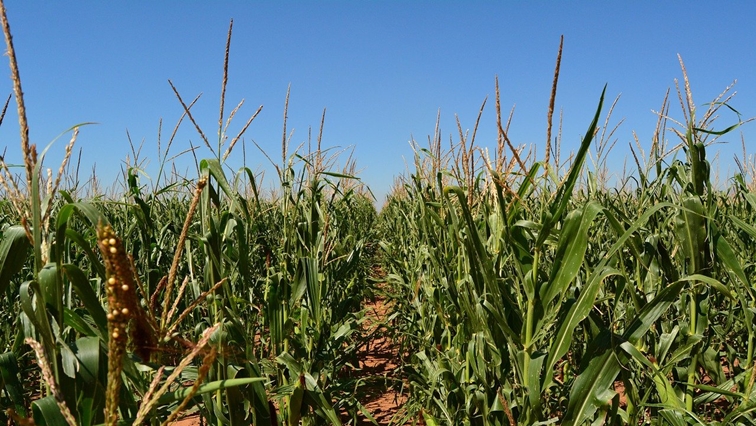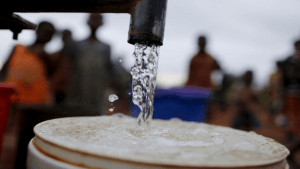A multi-sectoral approach to food safety in South Africa plays a key role to increase trade and the quality of food being produced. These are some of the findings coming out of the Africa food safety workshop being held in Kempton Park, East of Johannesburg, with over 100 international trading partners.
Producing food that is free from harmful chemicals or diseases is critical in ensuring that the country’s reputation is above reproach.
South Africa exports just over 6% of fresh produce annually with the main international trading partners being China, the United States, Europe, India, and a number of countries on the continent.
Making sure that the products are of the highest quality and safe to consume is integral.
“If we export a big load of oranges here and we test for pesticides that are under a certain limit and they do the test in Europe and they do their own tests and find it over the limit, they will stop all trade,” says Dr Wynand Louw, NMISA: Director of International Liaison and Innovation.
Staples such as maize, vegetables, and fruit are constantly tested for quality control.
“There are regulations through the Department of Health and agriculture to test if there are none of these metals and again if it’s just not for local consumption but when we are exporting our agricultural commodities,” says Dr Maria Fernandes-Whaley, NMISA: Senior Manager, Analytical chemistry. The African Union (AU) Commission says each of its 55 member states helped to come up with a strategy called the comprehensive Africa development program agreed on by each head of state.
“The African Union Commission will produce a report every three years and present it to the heads of state on the progress of the CADEP implementation and it has seven commitments around enhancing finance and ending hunger and poverty by 2025,” Godfrey Bahigwa, African Union Commission: Director of Agriculture and Rural Development.
Outdated infrastructure remains a huge barrier to increased trade in agricultural crops.






